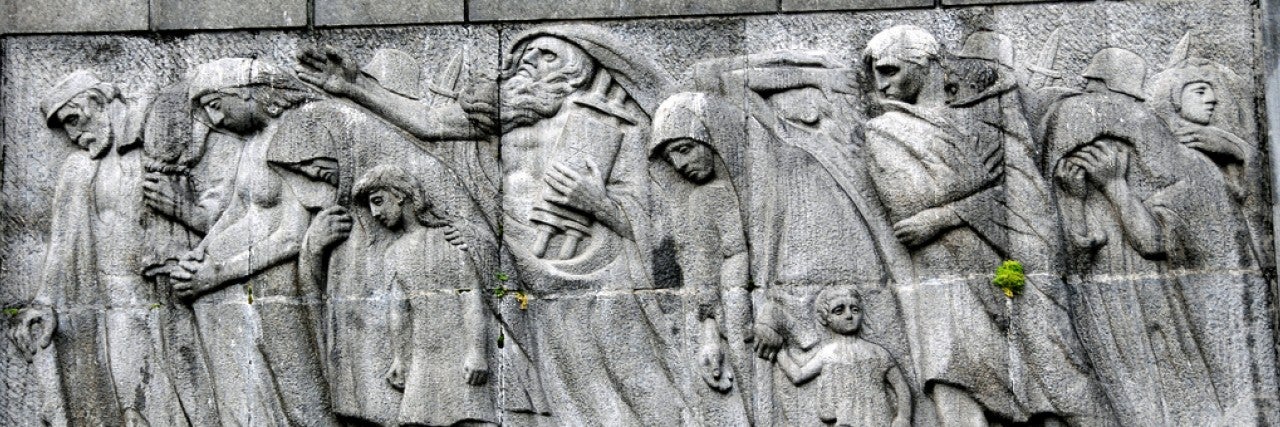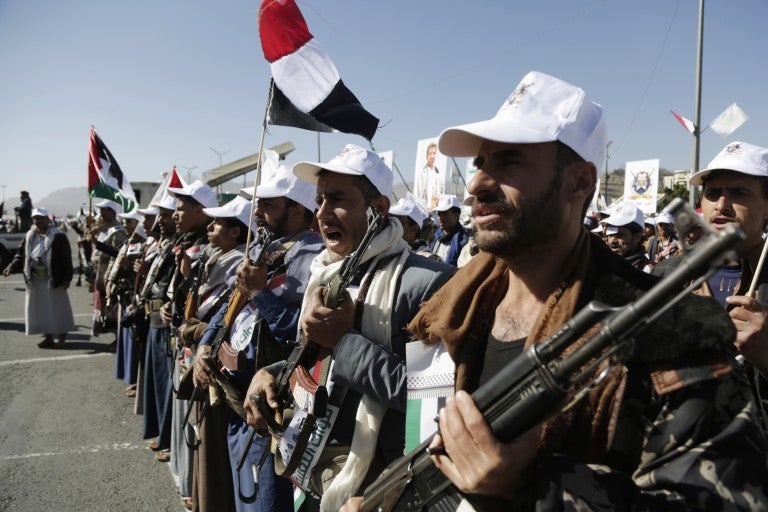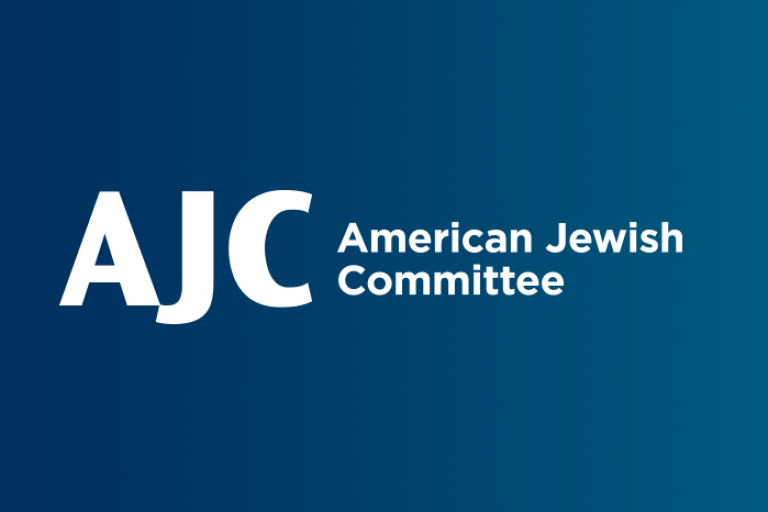April 19, 2018 — Warsaw, Poland
This piece originally appeared in Huffington Post France.
“My lifelong dream has come true. Self-defense in the Ghetto is now a reality. The armed Jewish resistance is happening; we are taking our revenge. I am witness to a great battle being waged by Jewish heroes.” These were the words that Mordechai Anielewicz, a young Polish Jew who led the revolt, wrote after several hours of combat against the German SS on April 19, 1943.
From that day until May 16, several thousand Jewish resistance fighters, using machine guns and homemade Molotov cocktails, achieved the impossible: They succeeded in stalling the German army.
But that success was short-lived. Jürgen Stroop, Brigade Führer SS, burned down the ghetto to quell the uprising. Victims of the fire either burned to death or suffocated from smoke inhalation, resulting in 13,000 Jewish casualties. The remaining 42,000 residents were subsequently deported. Stroop wrote in his official report, “The Warsaw Ghetto is no more.” Little did he know that he had just logged the most important act of Jewish resistance against the Nazis.
Today, April 19, 2018, we mark the 75th anniversary of the Warsaw Ghetto Uprising.
This year, for the first time since the fall of the Iron Curtain, the memorial will take place against the backdrop of an unprecedented crisis in Polish-Jewish relations. It was brought about by passage of an amendment to The Institute of National Remembrance criminalizing any statement characterizing Poles as responsible for crimes committed during the war.
In issuing this edict the Polish government is sending an extremely troubling message, casting aside the remarkable progress it has made in coming to terms with the actions of Poles during the Holocaust.
There were certainly Polish heroes who risked their lives to help the Jewish people (Poland has a greater number of Righteous Among the Nations than any other country). Notably, in 1942, the Polish Council to Aid the Jews (Żegota), a clandestine Polish resistance organization, provided food, medical care, money, aid, and forged papers to Jews trying to escape the ghettos.
However, we cannot overlook the experience of Szmul Zygielbojm, member of the National Council of the Polish Government in Exile in London, who spoke of the indifference and even treachery of ordinary Poles, who helped the Nazis in the Final Solution. “I cannot remain silent and I cannot continue living while what is left of the Jewish people perishes in Poland,” he said before committing suicide.
The current Polish government needs to understand that the painful but courageous work of documenting the facts of history—rightly resurrected since last autumn by scholars and some political figures—is necessary to help shape Poland’s future.
This is not about denying that Poland suffered horrific casualties during the Second World War, as three million Polish Christians and three million Polish Jews lost their lives. It is also not about downplaying the military and intellectual Polish resistance against the Nazis—the Polish government in exile never stooped to collaboration. Rather, it is about actively engaging with history, each one of our histories in all their complexities, with all of the courage that it requires, so we can better tackle the challenges of the present and the future.
At a time when the younger generations have forgotten the lessons of the past, when many take their freedoms for granted and cannot situate themselves in their own history, the Warsaw Ghetto Uprising reminds us that certain values are worth defending. As former Czech president Vaclav Havel once said, “We sometimes have to get to the bottom of the well to be able to see the stars.”
The Uprising of April 19,1943 also reminds us that the victory against fascism and similar triumphs over other destructive ideologies are not easily won, and that the price of freedom is steep.
The Warsaw Ghetto Uprising also teaches that the defense of our democratic, liberal, universal values can sometimes hang by a thread, dependent on the courage of a handful of people, those sparks of light that glow in defiance of a brutality that aspires to extinguish all else.
May the memory of these Jewish resistance fighters always be defended, honored, and heard in Poland, in Europe, and elsewhere. May the message of hope and courage in the face of hatred, despair, and brutality—the message that the resistance fighters of the Warsaw Ghetto sought to bestow upon us—always ring true.
And April 19 this year also marks a symbol of victory over those forces of evil. The day is the 70th anniversary of the independence of Israel—the fulfillment of a dream thought to be a utopian fantasy for hundreds of years, the return of the Jewish people to its land.
Agnieszka Markiewicz is Director of AJC Central Europe in Warsaw and Simone Rodan-Benzaquen is Director of AJC Europe in Paris.




